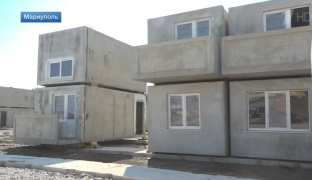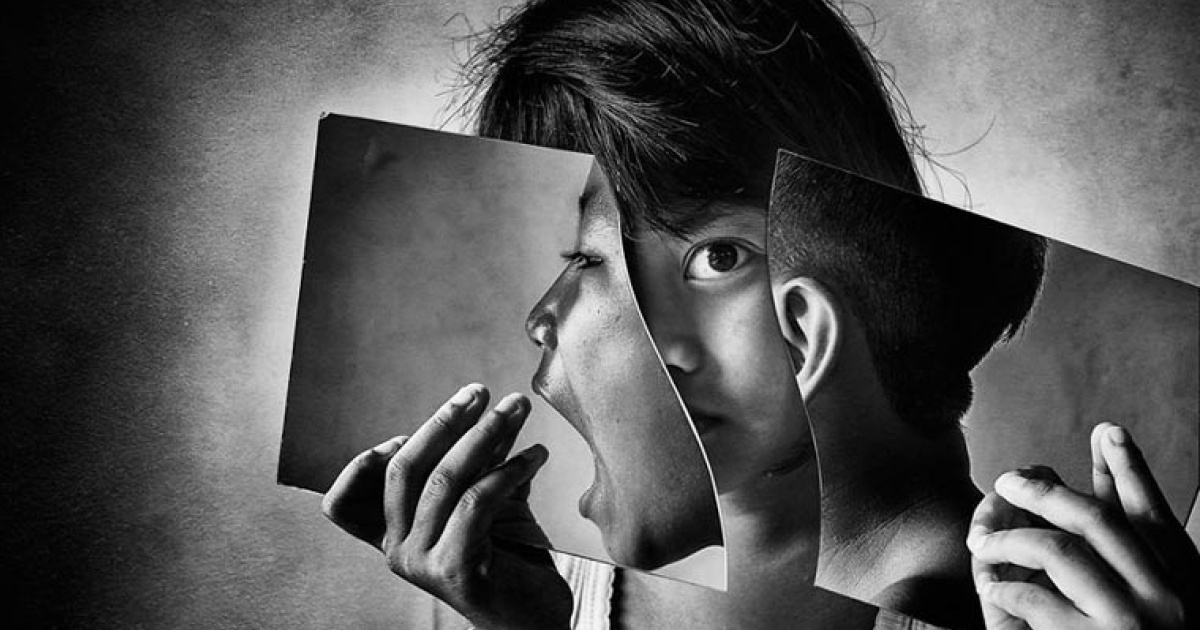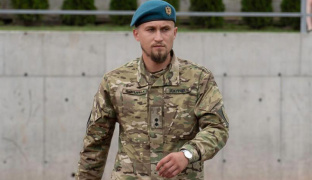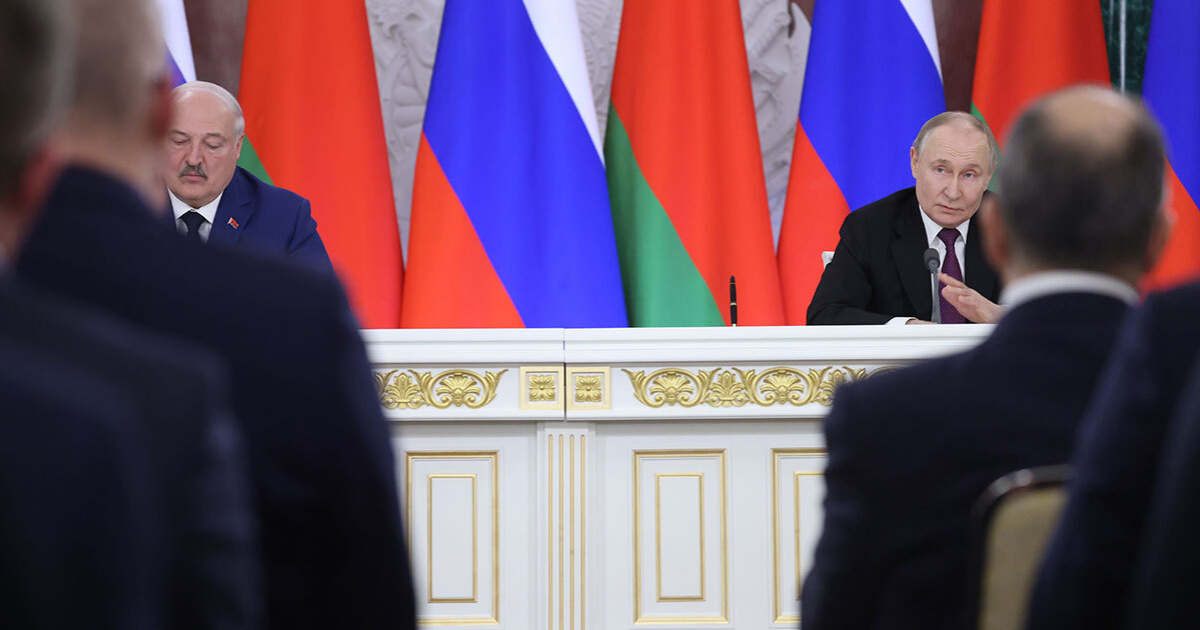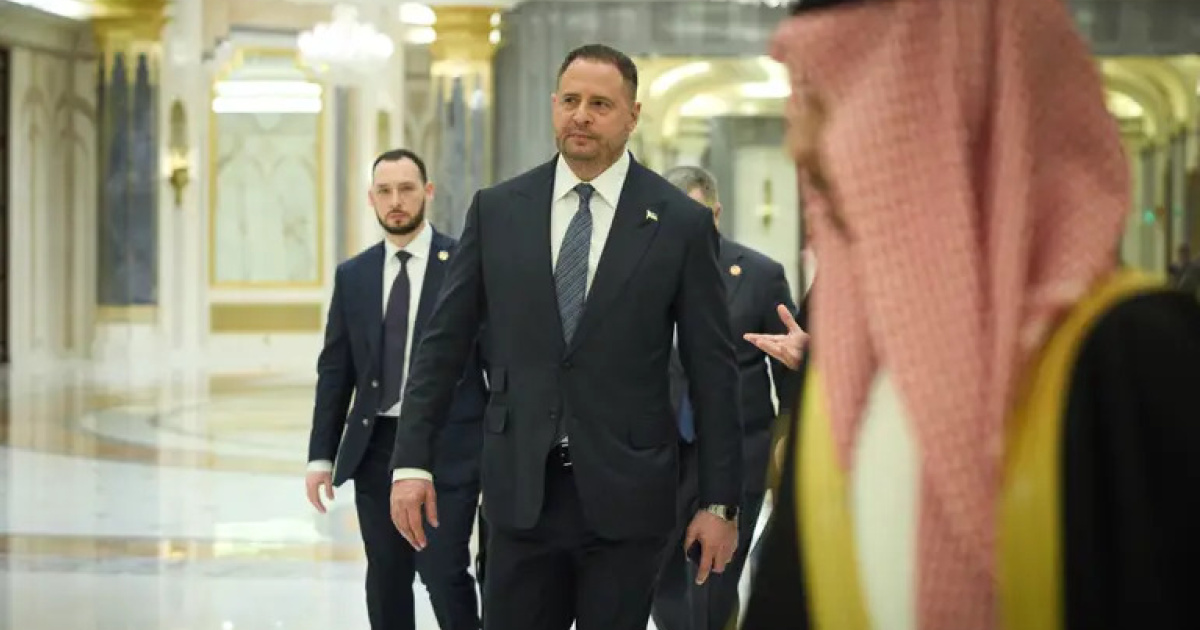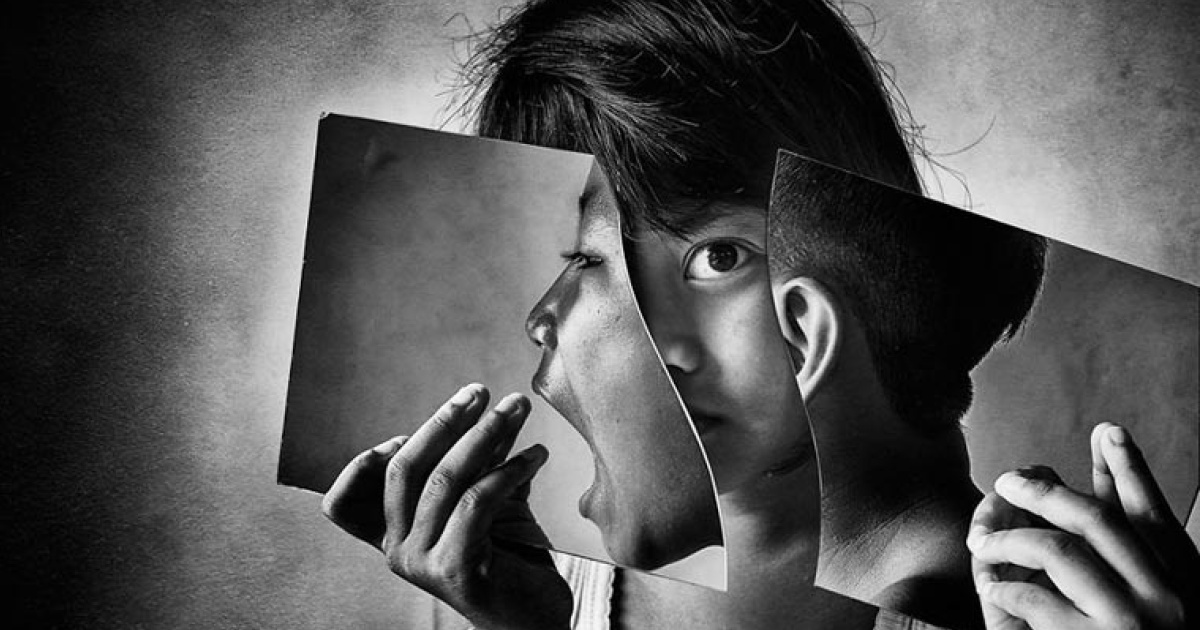
In general, it's a mystery — how do those who worked in Ukraine for the past ten years and have now decided to return manage to get in here? It’s some kind of strange algorithm. Many are not allowed in, not even for their parents' funerals. But those who held high positions in Ukraine are the ones who do get in. Is this some kind of mockery, an act of humiliation, or just an ordinary deal...?
The locals are completely bewildered. How were they allowed to return? It's not even about them, it's about us. How are we supposed to work with them and pretend everything is normal? And sometimes, it's downright shocking to receive friendly requests to help them get back into their old positions — those who spent the last ten years working in Ukraine. And then they call back to ask why it didn’t work out or why you’re not making an effort to help, and they get offended.
Or the requests to send pictures of the city to prove that life here is actually normal. As if you have to prove it, put it up for judgment and evaluation, convince them that you didn’t just make up the good news...
To give you an idea of what’s happening now: there’s a very strange group of people living next to me. A former Security Service of Ukraine officer who, after ten years of working in Ukraine, suddenly materialized back home in Luhansk but only steps outside his gate in deep twilight, hiding his face in his collar.
And a neighbor who was accused over a year ago of sabotage. She doesn’t avert her gaze at all, even though the explosion at the hospital killed both patients and doctors — something she and her husband were accused of, but he took all the blame upon himself.
Slimmer after a year in pretrial detention, my neighbor walks with her head high, playing the role of Joan of Arc. And I avoid looking into her eyes or stopping her. She carries herself as if we were the ones who blew up those people in the hospital.
Or the businessman neighbor who somehow avoided both war and mobilization, who changes cars more often than some change shoes, and on the license plates of all three of his cars, he makes sure to display his initials.
Such a colorful crowd.
Or the families of the fallen, those crushed by the wheels of this war. How do they feel, surrounded by this revelry, sharing space with an ex-SSU officer and a blonde saboteur with model-like legs?
And I avoid contact with every one of them. Talking to the relatives of the dead is hard, because you feel as if you’re guilty of something in front of them.
One of my friends is persistently searching for connections to get a joint replacement in russia. Her entire world has narrowed down to this tiny needle’s eye — departure and a free surgery. It’s covered by medical insurance. Only the travel costs are on her. And this, too, is one of the options in this new life. What has russia given us besides small pensions? There’s still so much we don’t know. We’re only just getting used to living by the new rules. But one thing is clear: comparisons are forbidden. You can’t say, if only that time came back. You can’t imagine what could have been. It destroys you, it’s an act of madness and schizophrenia. The past must be seen only as the past, a piece of life that is gone. We don’t grieve that childhood is over or that youth has been left behind. That’s exactly how we must treat life before 2014. Otherwise, you’ll get stuck in comparisons and depression.
My other friend’s grandson has gone missing. Earlier, he was persuaded to sign a contract for military service. And this is one of those cases where it’s hard to imagine anything worse. His parents have visited every fortune teller and clairvoyant, believing their son is alive. Some mythical clues, mentions of childhood illnesses, give them hope that he’s somewhere out there. Another seer convinces them that for more than six months, their son has been sitting in a mountain, unable to call, and they cling to this like a drowning person. They believe. What does he eat in that mountain? How does he survive? But they wait. And believe it’s true. Or the comrades-in-arms who claim they saw him, or that he supposedly called them, or that someone he supposedly called... It’s complete madness — their new reality. And if someone tells them they must give up their home, their blood, their life to save him, they will do it.
Rising prices. Wildberries and Ozon. Travel. Shopping. Perhaps we’re living well. Though thinking about it is pointless. We just live, rushing forward at the speed of a launched rocket. Days and weeks flash by in an instant. And a friend of a friend has returned here from moscow. Tired and fed up. This is home. And you realize that for ten years, you believed the myths that she was earning astronomical sums in moscow, that she was living the dream. Another myth about how life is supposedly better somewhere else.
By Olha Kucher, Luhansk, for OstroV
